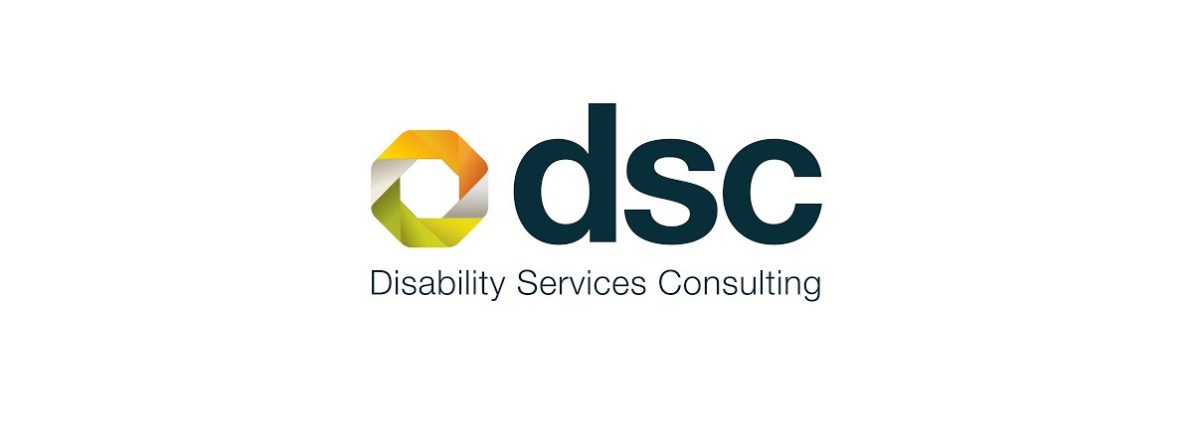Supporting Employment Outcomes – advice for Support Coordinators
Author: Sally Coddington
Published by DSC 1 March 2020
The NDIA has been busy making changes to NDIS funding for employment and has an employment strategy aptly titled the NDIS Employment Strategy 2019 – 2022. While all this effort indicates a welcome emphasis on meaningful employment for Participants, it seems probable – given that we are quickly approaching the halfway mark of June 2021 – that the NDIA will fall woefully short of its goal without some serious intervention. Cue Support Coordinators specialising in employment.
Low expectations, ongoing and systemic discrimination and complex employment support systems persist as barriers to reaching employment goals for Australians with disability. Participants need help from Support Coordinators to guide them through an exploration of their employment options, from identifying what’s possible to understanding how it can be funded. Support Coordinators play a key role by helping people address employment barriers, navigate complex employment supports across NDIS and mainstream government and identify and design options to exercise choice and control for meaningful employment. Here are five ways that Support Coordinators can play a critical role in meeting the NDIA’s goals for Participant employment.
1.Initiate conversations about employment early
Employment conversations should start as the person nears working age. In Australia, this is typically 15 years old, but there are exceptions like family businesses, which have no minimum age. Teens can learn valuable life lessons by starting work early: taking on responsibility, understanding the value of money, becoming financially independent and gaining confidence in real-life situations. When teens with disability miss the opportunity for early employment that their peers without disability experience, they are disadvantaged from the outset. Post-school employment conversations should begin while a person is still at school to ensure that funding and support are available when leaving school.
2.Raise expectations and awareness of possibilities
Conversations should aim to raise awareness of potential employment options, facilitate discussion around contemporary employment models and contribute to a mindset of higher expectations. Stories about how people have pursued meaningful employment can inspire others to think big.
3.Prepare people and their support to request employment supports in their NDIS planning meeting
Support Coordinators can help people establish employment goals by collecting evidence of the support required and quotes for support as part of preparing people and their supporters to request employment supports in their NDIS.
4.Coordinate community, mainstream and NDIS-funded employment and educational opportunities
Support Coordinators help people navigate complex employment and educational opportunities, such as:
- Informal employment and educational opportunities like unpaid internships and work experience
- Community employment and education opportunities like Community Colleges and neighbourhood centres
- Mainstream employment and education opportunities like TAFE and local businesses
- Commonwealth supports including people’s rights and the potential impacts of employment on eligibility for the DSP and housing supports
- NDIS-funded employment and educational opportunities like specialised courses and supported employment
5.Facilitate employment choice and control
Support Coordinators can facilitate choice and control by supporting people to take the following steps:
- Identifying options
- Comparing options
- Comparing providers
- Accessing information in formats people understand
- Raising expectations about educational and employment opportunities
- Providing information about how NDIS can be used to fund education and employment
An injection of targeted support from Support Coordinators between now and 30 June 2023 has the potential to support the NDIA in reaching its employment goals for Participants. Support Coordinators and people who manage Support Coordination would do well to develop subject matter expertise in employment, the next big Support Coordination priority area.
Full Article at this link.
DSC is a group of NDIS experts that support organisations to succeed in NDIS complexity, from strategy and transition to new business models and training.
Click here for more information or to subscribe to their newsletters.






